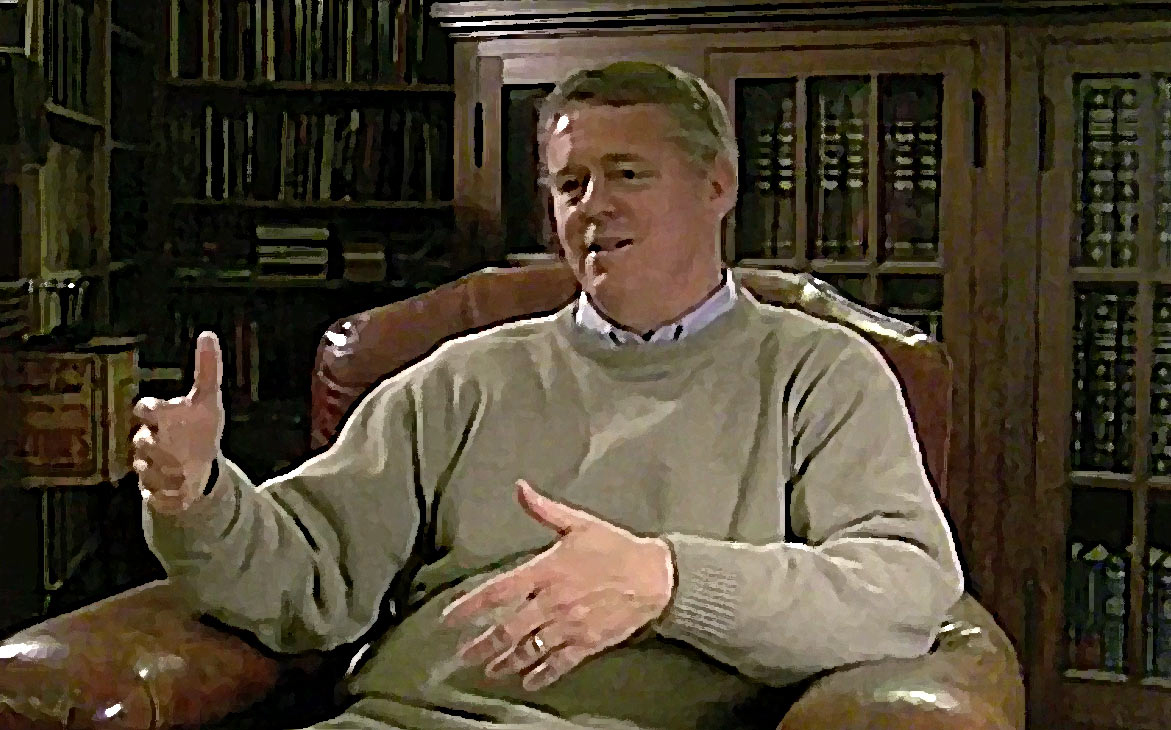Texas Governor and 2012 presidential candidate Rick Perry has never been exactly “my guy.” But now he seems like a kindred spirit, having been indicted on two felony counts of … well … as the indictment states it, “threatening to veto legislation that had been approved and authorized by the Legislature of the State of Texas.”
The indictment is only two pages. Easy to read.
What seems hard to read is why a prosecutor would bring a criminal charge in a case like this.
Last year, Governor Perry publicly and transparently threatened a veto of the $7.5 million in funding for the Public Integrity Unit of the Travis County District Attorney’s office unless Travis County District Attorney Rosemary Lehmberg resigned her office.
Why should she resign? Lehmberg was arrested and convicted for driving drunk and still found it necessary to behave badly in the process. Which arguably, per Gov. Perry, clashed with her continuation as head of the Public Integrity shop.
Lehmberg refused to resign and Perry vetoed the $7.5 million.
Now Perry is facing two felony charges from the same prosecutor’s office that has had other high profile cases — most famously the prosecution of Tom DeLay — end in acquittal. If convicted, he could face up to a 99-year sentence.
Someone more “my guy,” former Texas Congressman Ron Paul, called the indictment “pure politics” and “a joke.”
He didn’t mean it was funny, though. It is a very serious signal of just how out of control our political process has become.
Governors have the constitutional veto power for a reason. Threatening a veto is standard politics. It’s their job.
This is Common Sense. I’m Paul Jacob.


